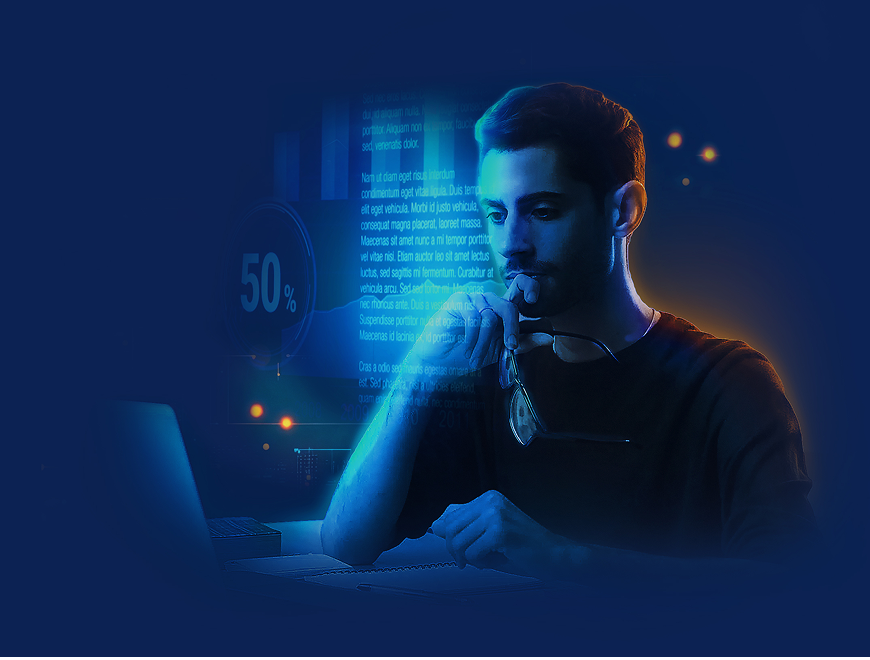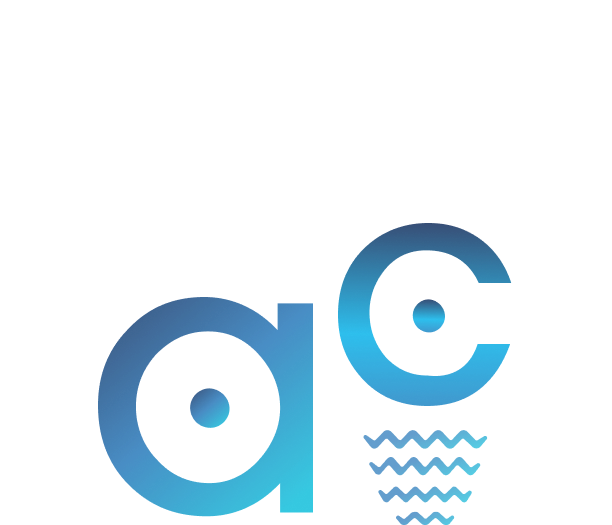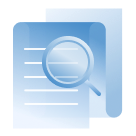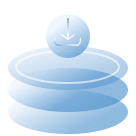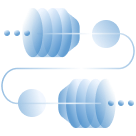Consecuencias académicas
- Sanciones, como calificaciones más bajas o trabajos reprobados.
- Pérdida de reputación y credibilidad.
- Posible suspensión o expulsión.
Consecuencias profesionales
- Reputación dañada entre compañeros y lectores.
- Problemas legales por infracción de derechos de autor.
- Posible despido si se descubre plagio en documentos laborales importantes.
Consideraciones éticas
- Falta de respeto por los derechos de propiedad intelectual.
- Dificulta el desarrollo del pensamiento original.
- Socava la autoría y el reconocimiento de los creadores genuinos.
Consecuencias científicas
- Distorsión del progreso científico: el plagio puede obstaculizar las ideas originales, impidiendo que los verdaderos avances científicos sean reconocidos y desarrollados.
- Menor calidad de la investigación: el uso no acreditado del trabajo ajeno puede llevar a la propagación de datos inexactos o engañosos, debilitando finalmente la integridad de las publicaciones científicas.
- Pérdida de confianza en las revistas y editoriales de investigación: el plagio en trabajos publicados puede arruinar la reputación, disminuir la confianza dentro de la comunidad investigadora y menoscabar su influencia.
Consecuencias personales
- Pérdida de credibilidad personal: ser atrapado plagiando en un examen puede causar daños a largo plazo, afectando tu carrera y tus relaciones personales.
- Daño a la marca personal o a tu buen nombre: por ejemplo, para creadores de contenido o influencers, lo que finalmente puede llevar a la pérdida de audiencia.
- Problemas legales: en algunos casos, el plagio puede resultar en consecuencias legales, como demandas por problemas de derechos de autor.
